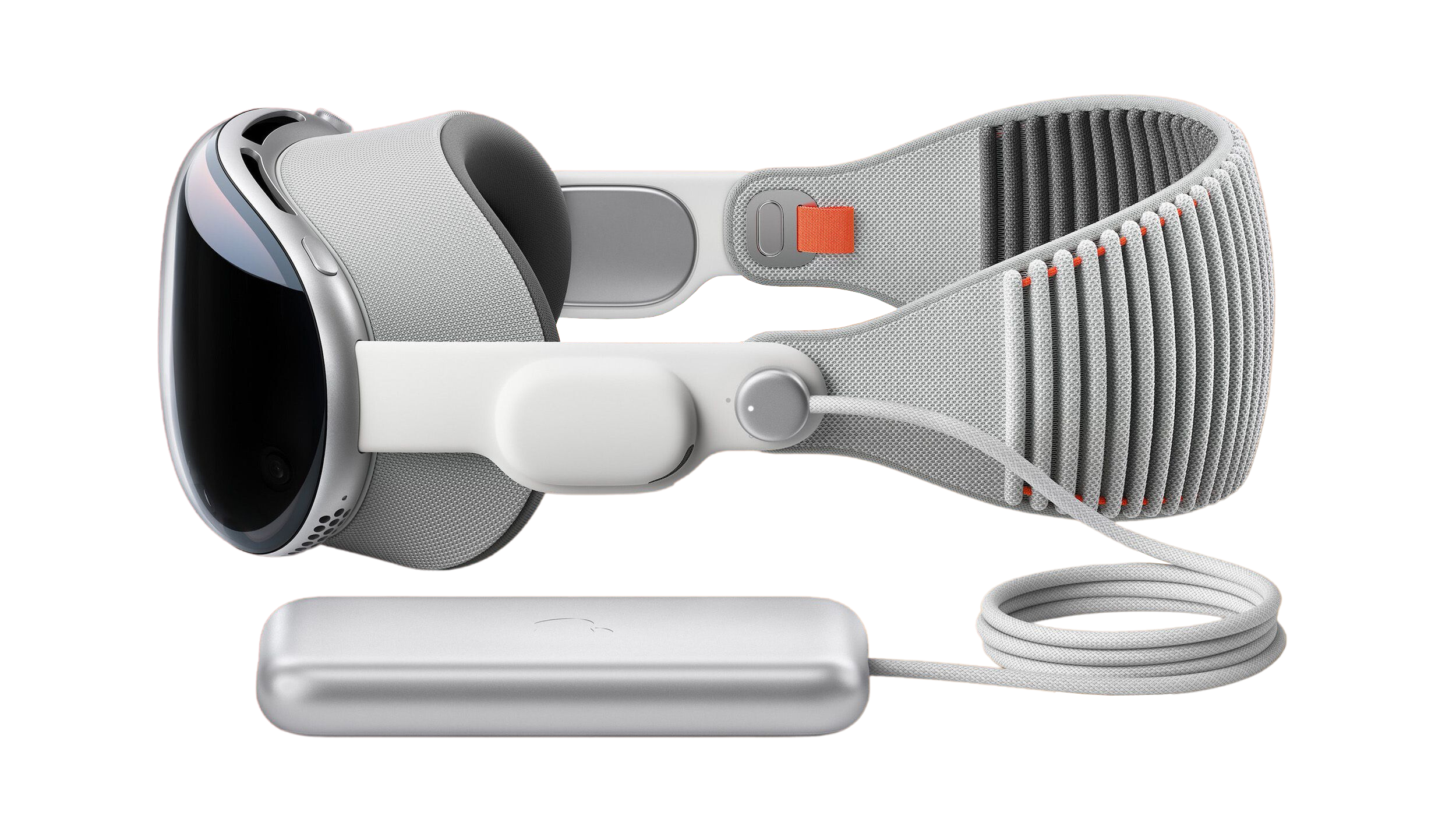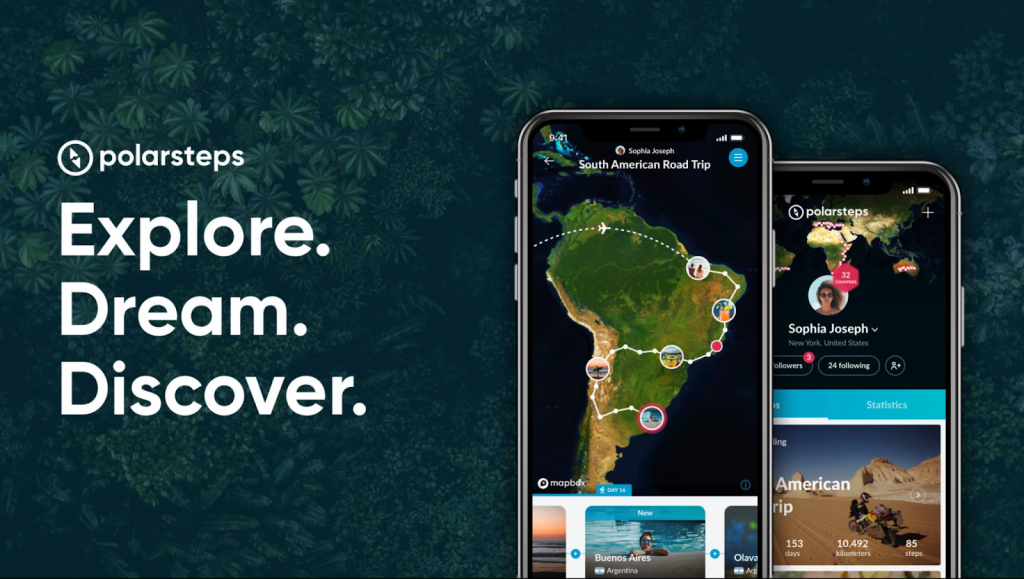Virtual Reality (VR) technology is an immersive experience that surrounds the user in a 360 degree environment that is totally interactive and responsive. The technology and hardware applications have seen strong adoption in the gaming industry but mainstream adoption still lags way behind mobile devices. According to Statista, VR headset use will approach 100 million devices in 2024 and when compared to 17.72 billion mobile devices for this year, VR headsets is barely a drop in the bucket when it comes to user platforms. So one has to wonder why the world’s largest company would invest in one of the smallest device markets. Apple will take a gamble this year with its new Apple Vision Pro ‘Spatial Computer’ in the hopes of finally bringing this technology to the masses.

Apple Doesn’t Build a VR Headset
Apple is now the world’s largest company by capitalization and sold over 26 million units of its flagship iPhone 14 Pro Max in 2023 alone. To say Apple products are in the mainstream is an understatement but now the tech giant is about to debut its own iteration of the virtual reality headset, creating another niche product for a niche market. The Apple Vision Pro is fondly referred to by the company as a Spatial Computer, shedding that generic VR Headset moniker. Classic Apple design cues and classic apple design flaws are abundant in this device that starts at $3499 for the entry level 256GB unit. The device will have all the standard apps included with some notable names missing from the preload list. Early adopters and hardcore Apple enthusiasts have already pre-ordered 160,000 – 180,000 units so far, selling out the first edition of this device. Can Apple’s Vision Pro extend beyond those early adopters and Apple fanatics? With the number of iPhones Apple sold in 2023, the Vision Pro has a long way to go to be herald as mainstream.
The Other Side of the Tracks
A quick search on Amazon for VR headsets shows a fairly crowded market with varying degrees of quality, technology and pricing. The Vision Pro’s lofty $3499 starting price eclipses the top offerings from MetaQuest and HTC, priced in the $1500 range. The Vision Pro is designed to offer a more premium and seamless immersive experience as other apple devices could be shared and linked. This type of cross connection puts the Vision Pro at a considerable advantage over other models as the device has a networking and streaming functionality focus. Mainstay Apple apps such as iMessage, Apple Maps, Safari, AppleTV+ and AppleMusic are pre-installed on the Vision Pro offering functionality right out of the box. Other variations and gaming focused sets are possible as the platform uses interchangeable processors and graphics chips, potentially expanding the market for the Vision Pro. Apple’s debut in this market may actually benefit cheaper competitors as interest and curiosity is renewed in this particular technology.
The VR World and Travel
For its debut, the Vision Pro will have just about 200 apps designed specifically for the Vision Pro OS. Notably, companies such as Netflix, Spotify and YouTube have not yet created apps for visionOS, suggesting that this device is too niche to warrant development of new technology. In comparison, Meta’s QuestStore store has over 1000 apps available for its platform. Granted Meta’s devices have been on the market longer, tapping into the lucrative Apple Enthusiast market might have been a consideration. While some big names stay on the sideline, the Vision Pro still has a laundry list of key apps including Amazon Prime Video and Disney+. There is no doubt that the travel business and especially travel marketing could benefit from the spatial computing experience. Being able to immerse the potential client in a complete 360 degree environment could easily sway the needle when it comes time to click ‘buy’. While adoption of these devices is slow compared to other mobile devices, it is worth noting that the Early Adopter and Apple Enthusiast might also be the perfect travel client.
Spatial Computing Brings a New Level of Interaction
Apple revolutionized the smartphone industry with the iconic iPhone and now hopes to be class leader in ‘spatial computing’. Its Vision Pro Spatial Computer brings an elevated and immersive VR experience in Apple’s own unique style. Positioning the initial edition of the device as a niche product limits its use in the mainstream and VR technology as a whole is slow to adopt but Apple’s foray into the category may renew interest as well as bring new capabilities for this type of technology. Because of the 360 degree immersive technology, travel marketing could easily benefit from VR style technology. Slow adoption of the platform on an aggregate level means detailed analysis of who uses these devices is needed before investing resources into creating technology that works on this particular type of device. A well executed app or optimized website could make spatial computing a major avenue of marketing for travel service and product providers.

